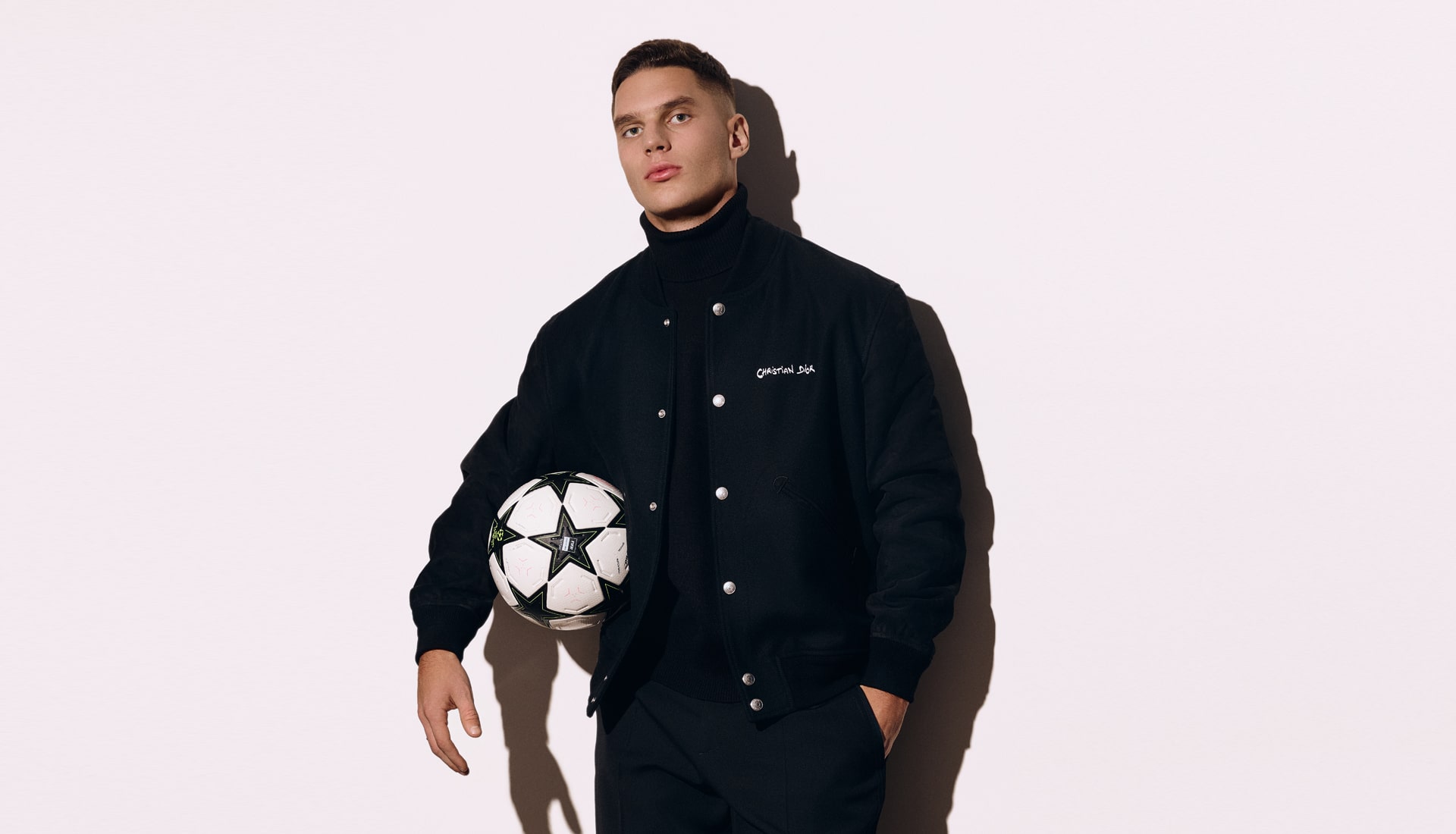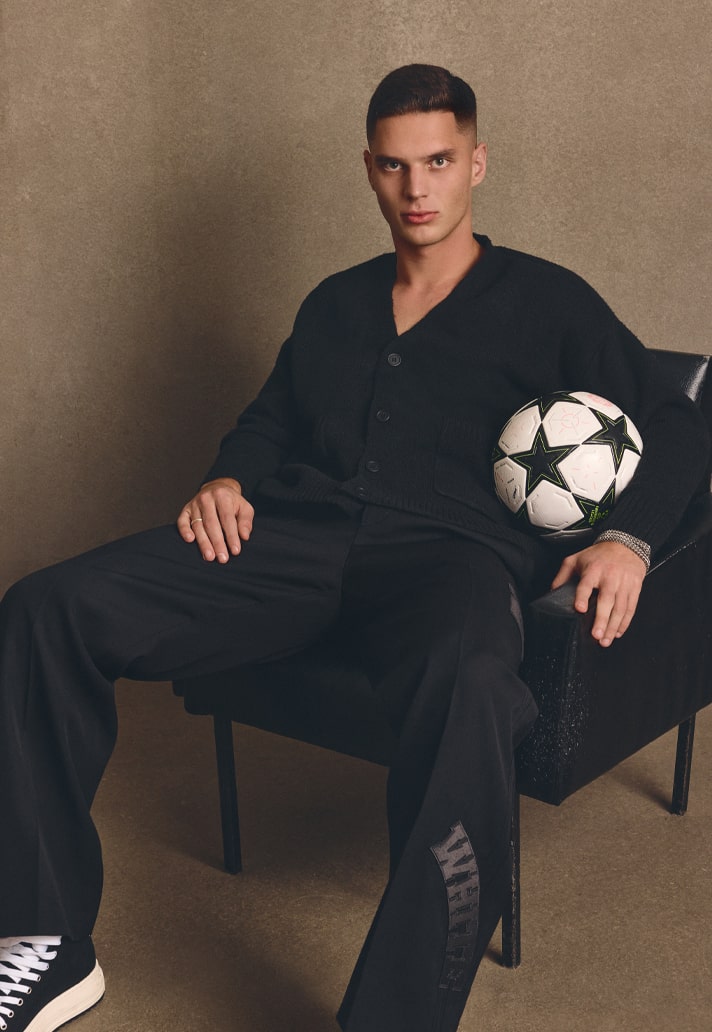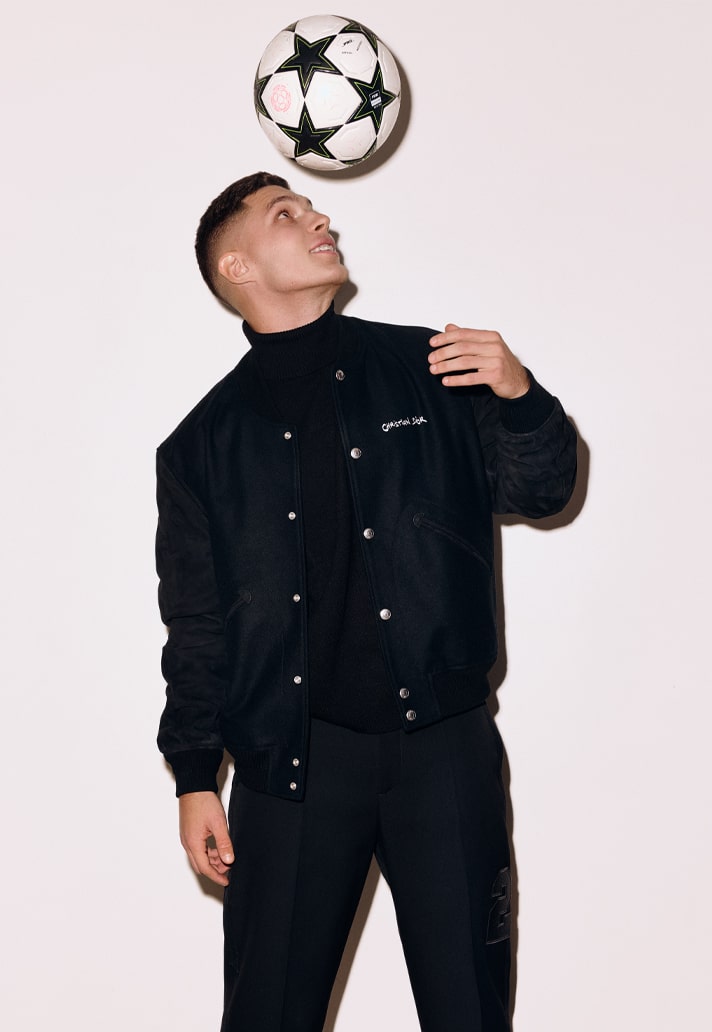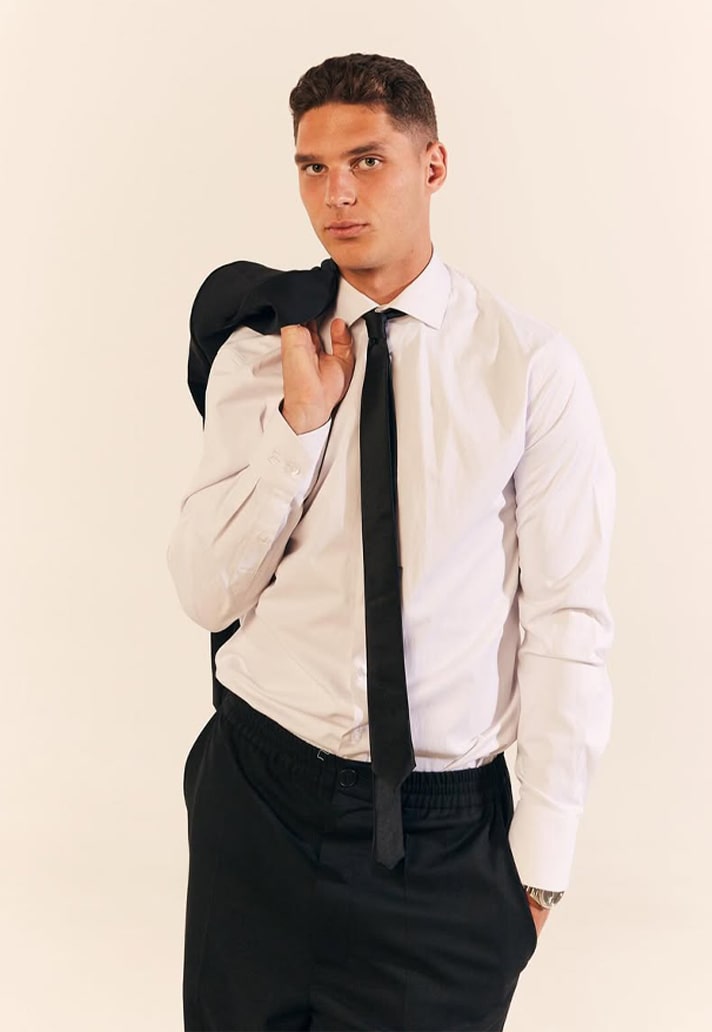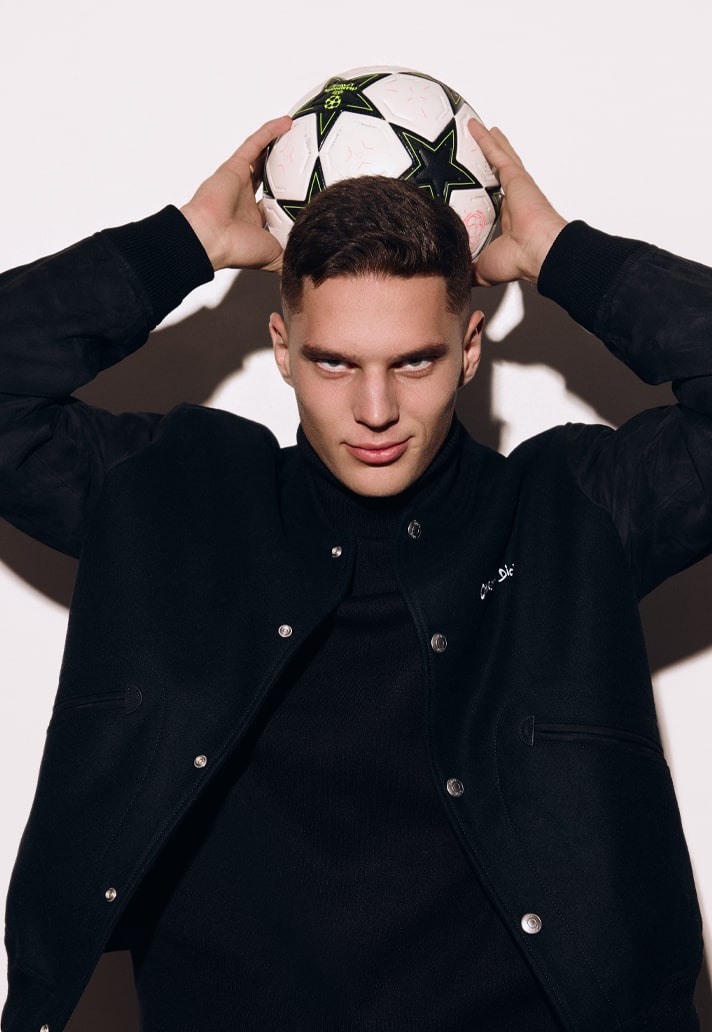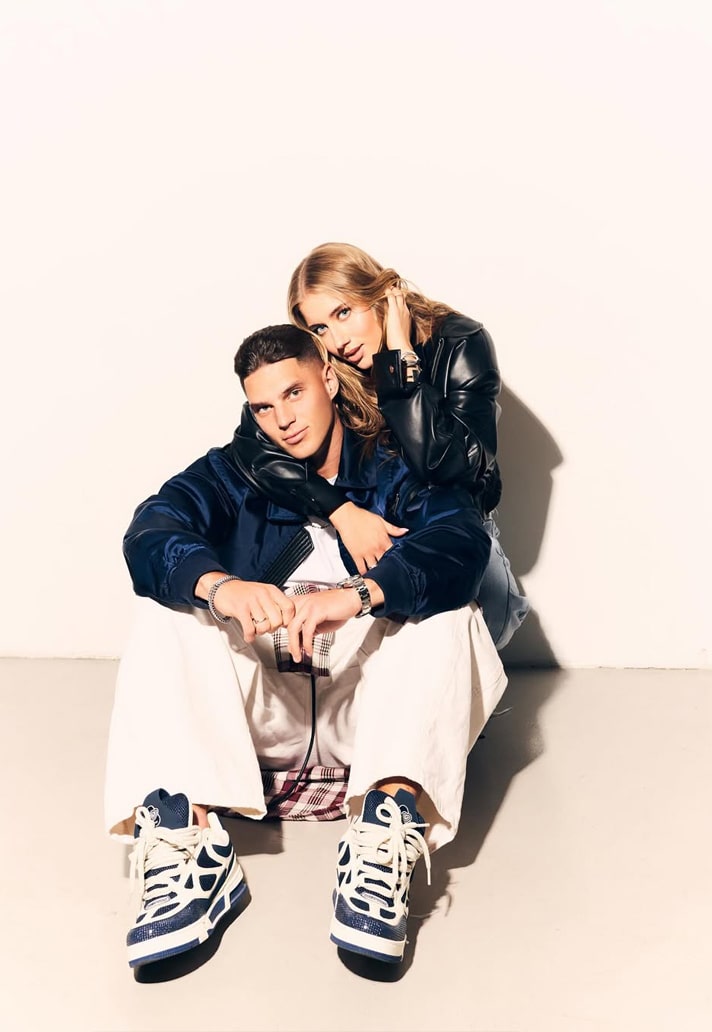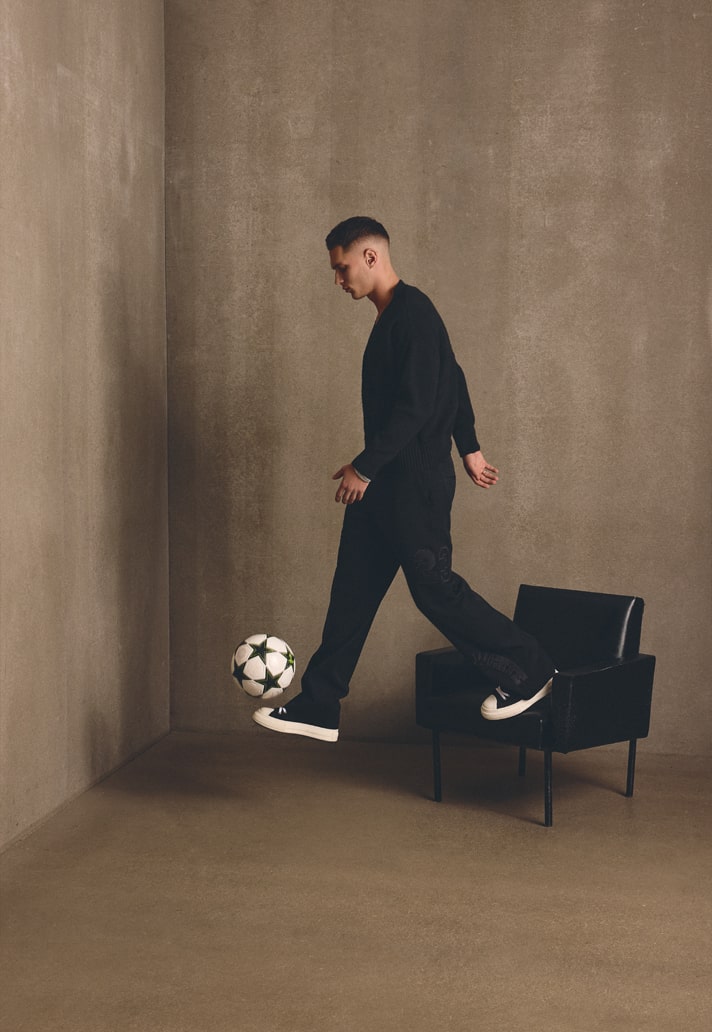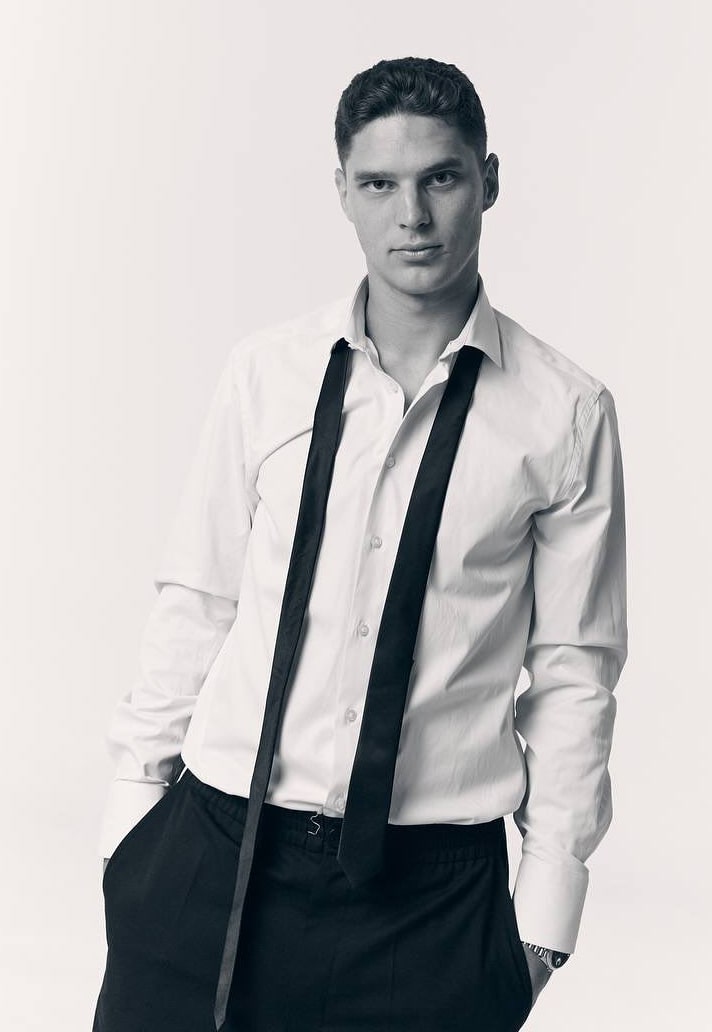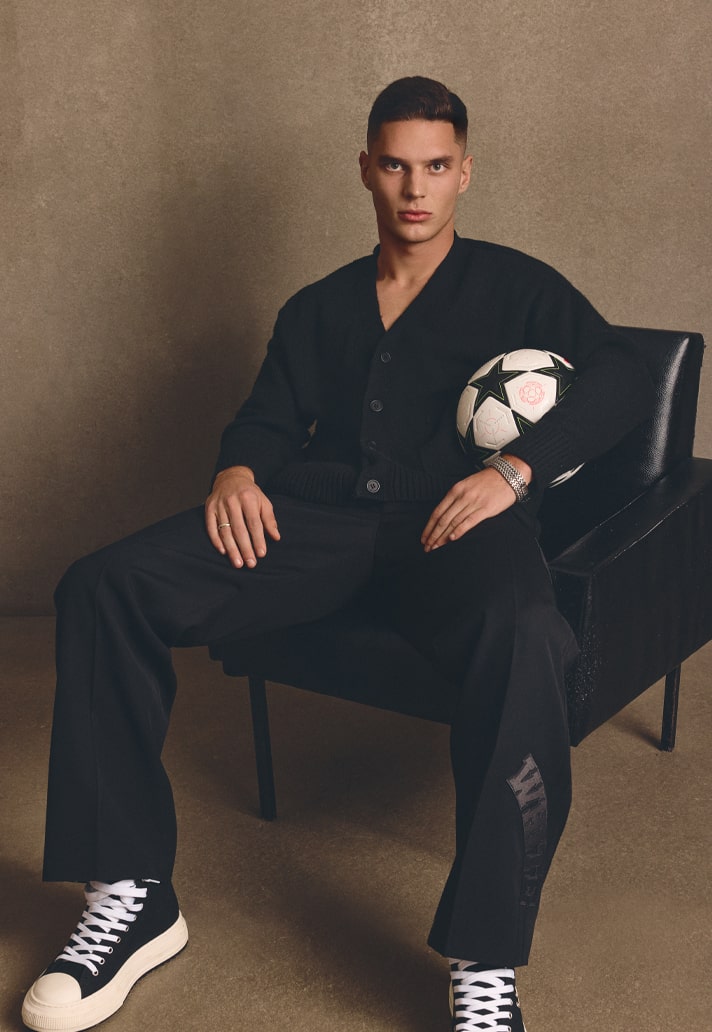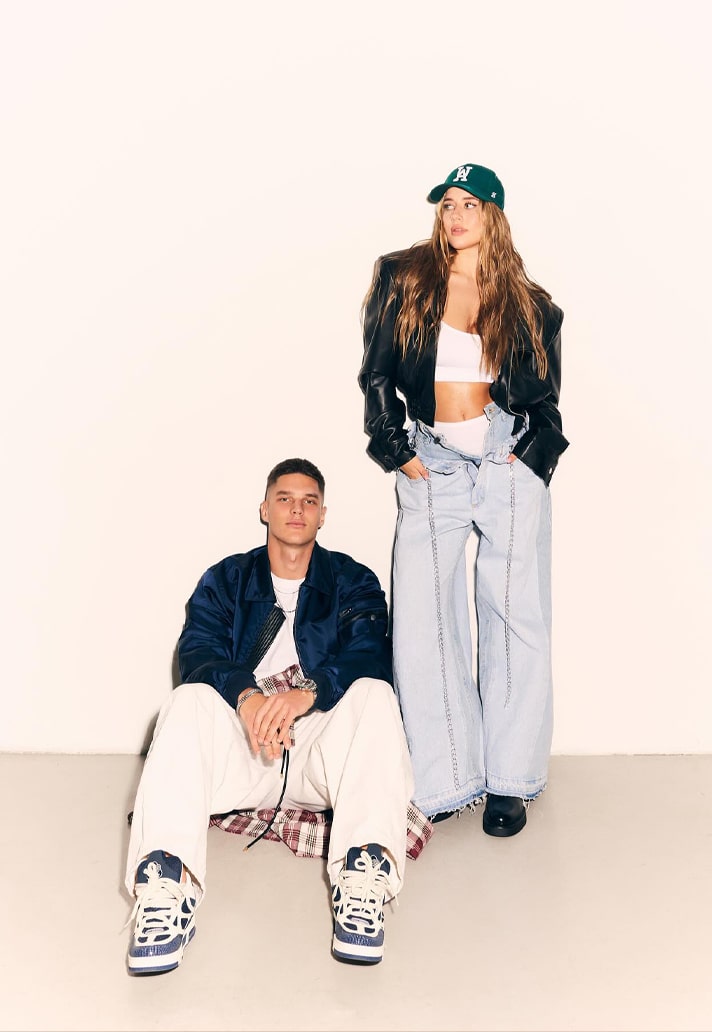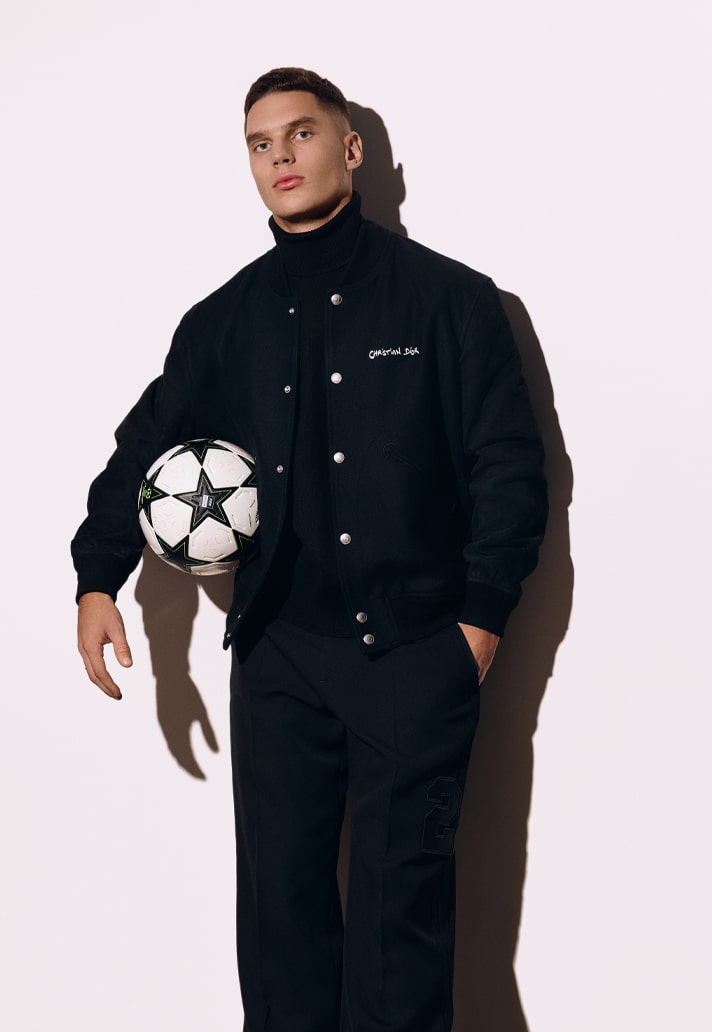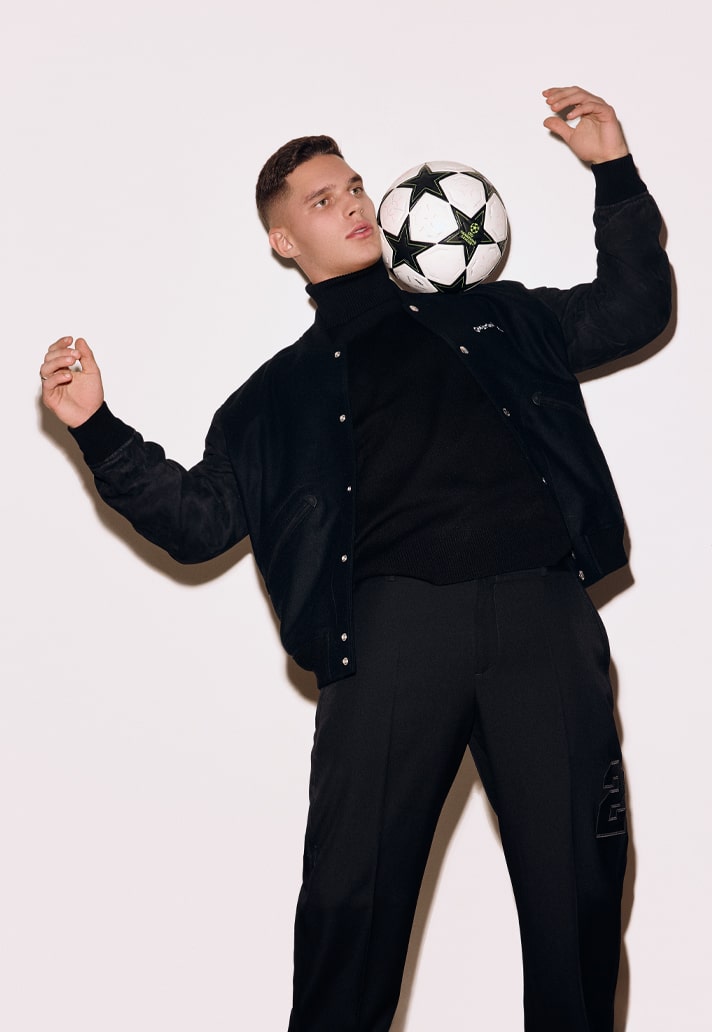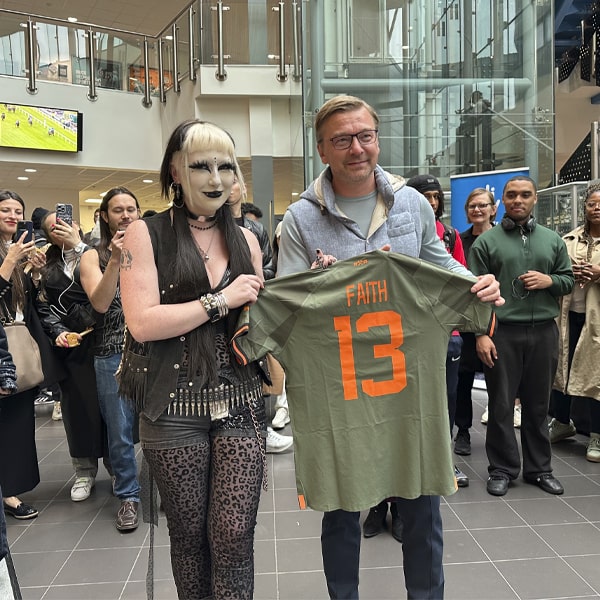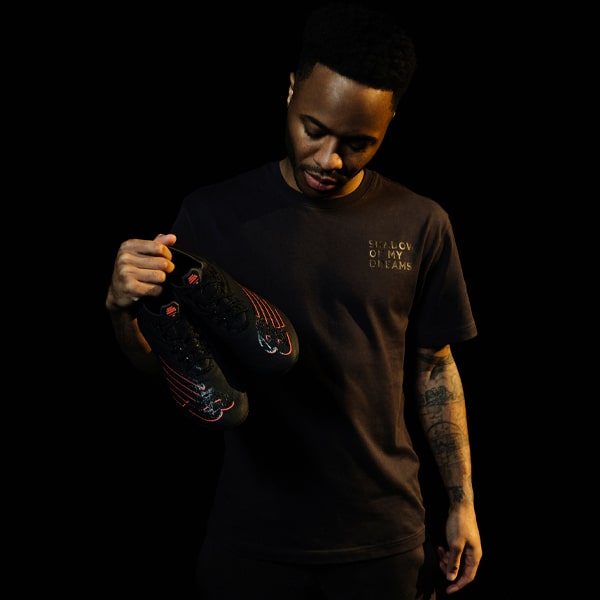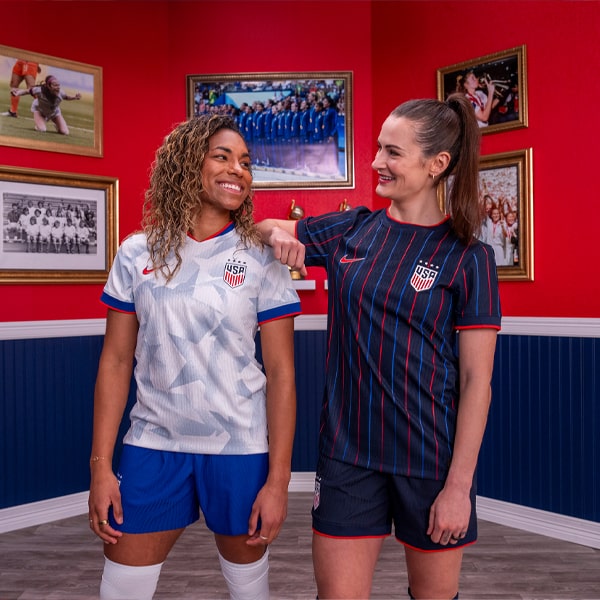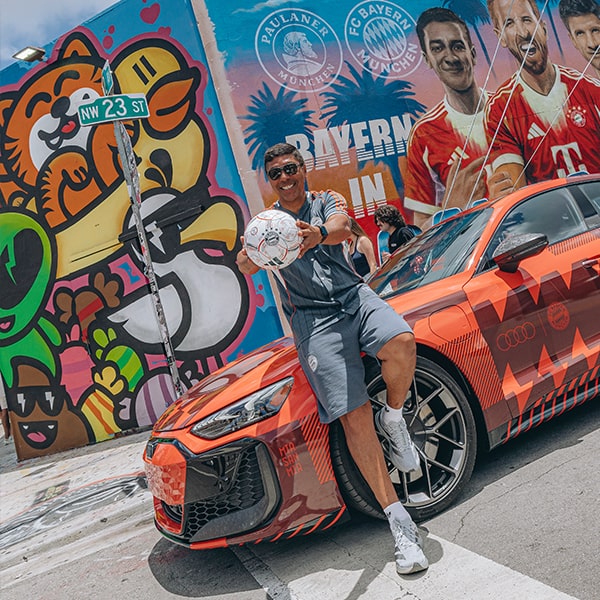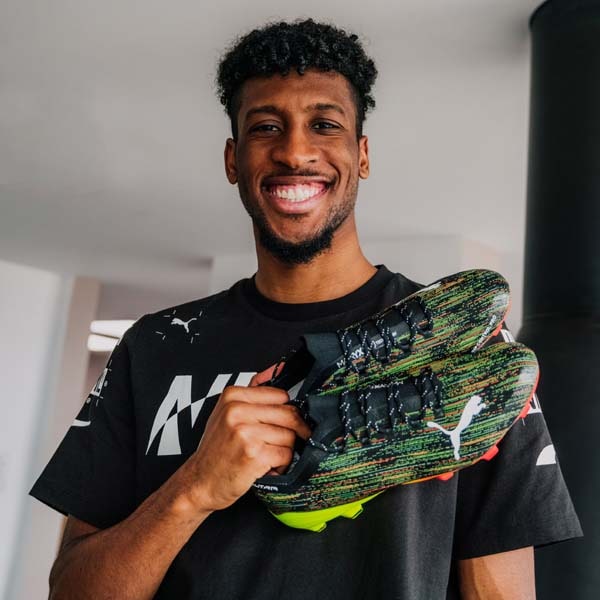For Giorgi Sudakov, the pitch has never just been turf and lines—it’s been a sanctuary, a proving ground, and a lifeline. From his formative years in Shakhtar Donetsk’s academy to a Champions League debut against Real Madrid at just 18, his rise has mirrored the chaos and resilience of modern Ukraine.
A player forged in war, fatherhood, and unrelenting ambition, Sudakov speaks with a calm clarity that cuts through the noise. There’s a poise to him that defies his age. At just 22, the Shakhtar Donetsk midfielder carries more than the weight of expectation—he carries a nation’s resilience, a club’s legacy, and a personal story shaped by family, war, and undeniable talent. Born in Bryanka, Luhansk Oblast, in 2002, Sudakov’s journey from academy hopeful to one of Europe’s most watched midfielders is as emotionally charged as it is statistically stacked.
But it’s not just his touch on the ball that draws eyes. Off the pitch, Sudakov is building something more personal, more lasting. A father, a husband, and an emerging cultural figure, he blends fashion, family, and philanthropy with rare authenticity. Whether fronting stylish photo shoots with his wife Yelyzaveta, listening to a playlist that shifts between 21 Savage and Okean Elzy, or delivering gifts to children undergoing cancer treatment in Kyiv, Sudakov shows that strength off the pitch can be just as defining.
Now, having become Ukrainian Cup champion with Shakhtar following a penalty shootout victory against rivals Dynamo Kyiv, and with his name buzzing across transfer headlines, we caught up with Sudakov to talk about everything from football, fatherhood and fashion to loyalty, loss and legacy—and why football is more than ever a reason to believe.
This isn’t just a player in motion. It’s a man shaped by moments.
You've been with Shakhtar Donetsk for just under a decade. What has this club meant to you, and how difficult would it be to leave after more than a decade?
I joined Shakhtar when I was 14. It’s not just a club for me—it’s my second home. I came here as a kid and grew up not only as a footballer, but as a person. This is the place where they believed in me before anyone else even knew who I was. My first emotions, matches, victories, defeats—everything is tied to this club.
Leaving Shakhtar would be incredibly difficult. It wouldn’t just be switching teams—it would feel like leaving a part of myself behind. But I also understand that a footballer’s career is short, and sometimes you have to make tough decisions. No matter what, I’ll always carry deep gratitude for this club and everyone who’s been part of my journey.
There are fresh links with Premier League clubs this summer. What would a move abroad mean to you, both personally and professionally?
A move abroad would be a big step. Professionally, it would be a new challenge—faster pace, different style of play, and competition at the highest level. Playing in the Premier League is a dream for many, and I’m no exception. If the opportunity comes, I want to be 100 percent ready.
Personally, it would be a big change too: a new country, language, culture. But those are the kinds of challenges that help you grow. I like stepping outside my comfort zone. If the right club and the right moment come along—why not?
You debuted in the Champions League against Real Madrid at 18. What moment stands out most in your Shakhtar journey?
That debut will stay with me forever. I was just 18, playing my first Champions League match—and it was against Real Madrid. It’s hard to describe the emotions: fear, awe, pride—all at once. That’s when I understood that dreams can come true if you work hard.
But honestly, what stands out most is the entire journey. From the academy to the first team, growing with the club through highs and lows—every step made me stronger. I’m grateful to Shakhtar for always believing in me, even during tough times.
When you think of the next chapter in your career, what kind of club and environment do you imagine?
I try not to create illusions, but if I speak honestly, I’d like to join a club with a clear football philosophy—one that trusts and develops young players. A place where the coach sees me as an important part of the team, not just another transfer.
For me, the next step won’t just be a move—it’ll be a big life decision. I want it to be a thoughtful one.
In 2022, your life changed dramatically. Can you take us back to that moment when you sheltered in a bunker with your pregnant wife?
That was one of the hardest moments of my life—the start of the full-scale war. We woke up to explosions, like millions of Ukrainians, and just hours later we were in a bunker in Kyiv. My wife was pregnant at the time, and the scariest thing wasn’t for me—it was for her and our unborn child. That feeling of helplessness and fear is unforgettable.
I can't imagine how terrible that must have been. How did you balance fear, responsibility, and staying physically ready when football had completely stopped?
It was an incredibly tough period. There was so much uncertainty, but I knew I couldn’t lose myself. It wasn’t just about staying in shape physically—it was about staying mentally strong. The support of my loved ones helped a lot. I kept reminding myself that this would end, and when it did, I needed to be ready.
You once said the war felt like it took away your dream of football. How did you find your way back mentally and emotionally?
At first, it felt like everything stopped. Football seemed so far away, almost meaningless with everything going on. It was hard to train when sirens were blaring and the future was so uncertain.
But over time, I realised football was exactly what gave me strength. It became my way of fighting back, of showing resilience. The support of my team, family, and coaches helped. Each training session became not just physical preparation, but emotional recovery. I remembered why I started—and that helped me believe again.
What role has football played in your healing since the invasion, and how has your perspective on the sport changed?
Football became my salvation. It gave me something to hold on to, a sense of routine and control. It wasn’t just a game anymore—it became a way to stay strong, to grow, to dream.
Since the invasion, I’ve come to see football as more than a career. It’s a way to bring people together, to offer hope, and to remind us all that even in darkness, there is light.
Many young Ukrainians look up to you now. What message do you have for them about perseverance and hope?
To every young Ukrainian: don’t lose hope. We were born into hard times, but that’s what makes us strong. Every day is a chance to grow, even when life feels heavy.
Persistence isn’t about perfect conditions—it’s about not giving up when things are tough. I’ve had moments of doubt, but I always remind myself why I started. Whatever your dream is, hold on to it. It’s worth fighting for. Step by step, we’re building our country’s future—together.
You’ve been open about how much your family means to you. How has becoming a father shaped your mindset?
Becoming a father changed everything. Now, everything I do—on and off the pitch—has deeper meaning. I feel a stronger sense of responsibility because I want to be a role model.
It’s made me calmer and more mature. On the field, I play with more composure and intelligence. At home, I’m reminded that life is bigger than football—and that gives me daily motivation.
You and your wife are expecting your second child. How do you balance elite football with being a present husband and father?
It’s definitely a challenge. Football demands a lot, and now with a second child on the way, there’s even more to juggle. But support and understanding in the family are everything. My wife is my rock—she helps me stay grounded.
I make sure to use every free moment to be present, to be a real husband and father. The balance isn’t always perfect, but it’s real—and it gives me strength.
You’ve recently been exploring fashion and lifestyle more in your personal life. What draws you to that world beyond football?
I’ve always had interests outside of football, and fashion is one of them. It’s a way to express individuality and creativity. It’s very different from the pitch, but it also requires confidence and discipline.
I like experimenting, finding my own style, and being inspired by others. It helps me grow and stay open to new experiences—it’s a different way to see the world.”
How do you express yourself through fashion, and does it give you a different kind of confidence?
Style lets you speak without words. Through what I wear, I can show how I feel, who I am. It’s not about brands or trends—it’s about authenticity.
When I feel good in what I’m wearing, a quiet confidence comes through. Fashion gives me space to be more than a footballer—to be a full person.
Do you see yourself modelling or launching a brand after your playing career?
I’ve never made that a goal, but I wouldn’t rule it out. I’m drawn to creativity and self-expression. If the right idea comes—something that’s meaningful and authentic—why not?
For now, my focus is football. But it’s exciting to know there are other areas where I can grow.
Is there a particular fashion icon, designer, or brand that inspires your style?
I don’t chase trends. I’m inspired by a mix—street style, classics, anything with mood and personality. I like it when clothes say something without speaking.
Lewis Hamilton’s style really resonates with me. He has that balance of edge and elegance that I admire.
Photography by Michael Fedorak.
Giorgi Sudakov wears Nike Air Zoom Mercurial Vapor XVI, which you can shop at prodirectsport.com/soccer
